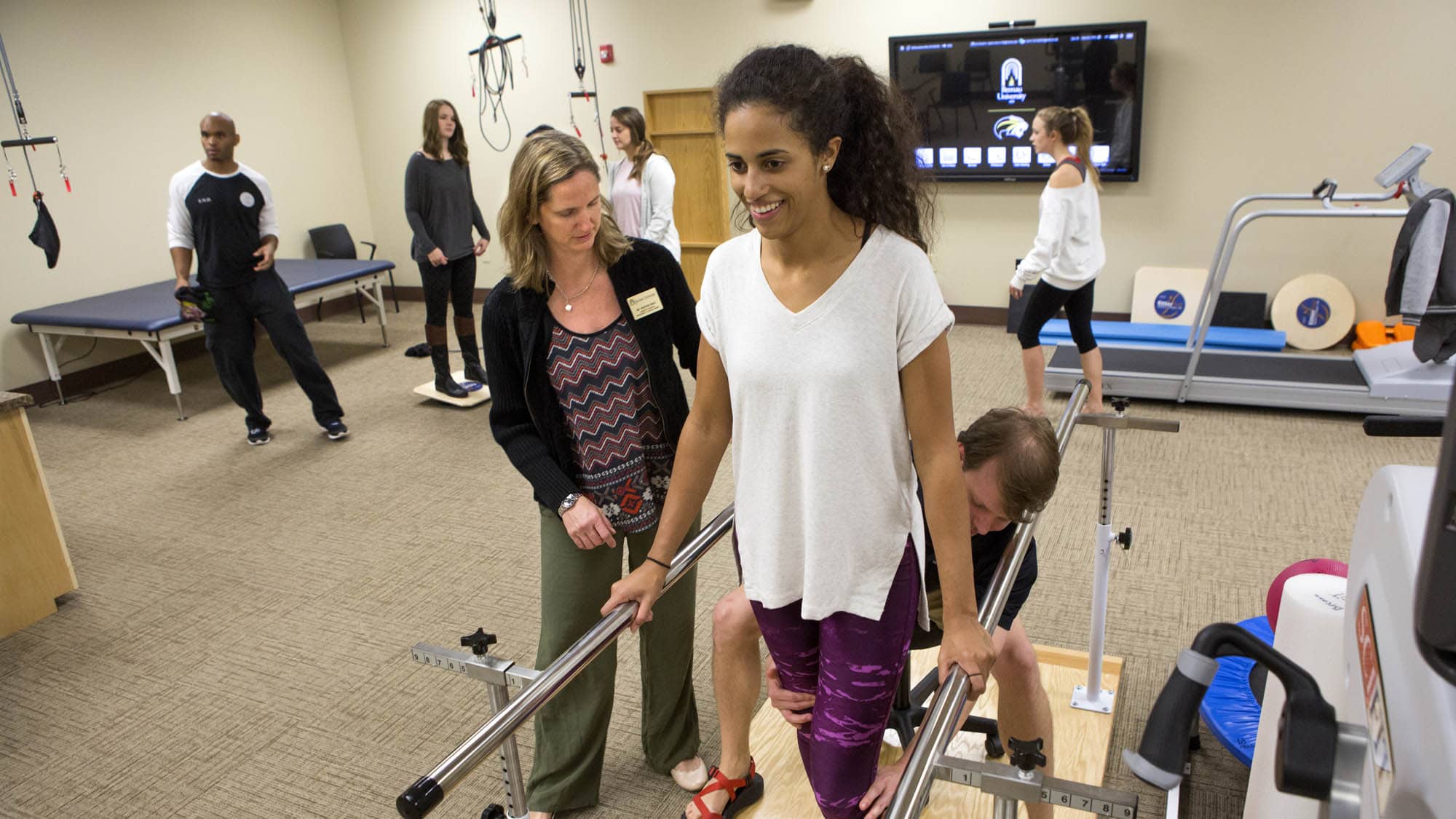Enhancing Rehab Outcomes Via Effective Functional Motion Screening Guidelines
Enhancing Rehab Outcomes Via Effective Functional Motion Screening Guidelines
Blog Article
Operational Mobility Assessment (FMS) is a valuable instrument used to assess an person's movement patterns. This assessment aids identify any weaknesses or discrepancies in the body, which can result to harm if not corrected. In rehabilitation contexts, FMS can play a critical role in enhancing rehabilitation outcomes. By comprehending how each person navigates, healthcare professionals can develop targeted recovery programs that concentrate on improving power, flexibility, and general performance.
One of the main benefits of using FMS in recovery is its ability to identify specific aspects that need improvement. For instance, if a patient has difficulty with squatting or lunge movements, it may indicate a deficiency of mobility in their hips or ankles. This data allows therapists to formulate personalized fitness regimens that highlight addressing these deficits. As a consequence, patients are more likely to regain their strength and ability, which is essential for returning to daily activities or sports.
Incorporating efficient FMS protocols can also help avoid future injuries. Many injuries happen due to poor mobility mechanics or excessive use of specific muscle clusters. By screening individuals before they start a rehabilitation program, clinicians can detect risks and establish approaches to reduce them. Educating patients about appropriate mobility patterns and go enhancing underdeveloped areas can lead to sustained advantages, promoting that they remain engaged and fit.
Moreover, the use of FMS can improve dialogue between healthcare professionals and patients. When clients witness their movement patterns evaluated and clarified, they gain a clearer comprehension of their recovery journey. This transparency fosters confidence and motivates patients to take an active role in their rehabilitation. By involving patients in their rehabilitation process, address they are more likely to follow to recommended exercises and lifestyle adjustments that support better outcomes.
In summary, improving rehabilitation outcomes through efficient operational movement screening procedures is essential for both patients and healthcare professionals. By accurately assessing mobility patterns, therapists can develop customized recovery programs that meet specific needs. This not only facilitates in rehabilitation but also helps avoid future harm. As patients become more engaged in their recovery journey, they are likely to attain their objectives and maintain a fit, active lifestyle.